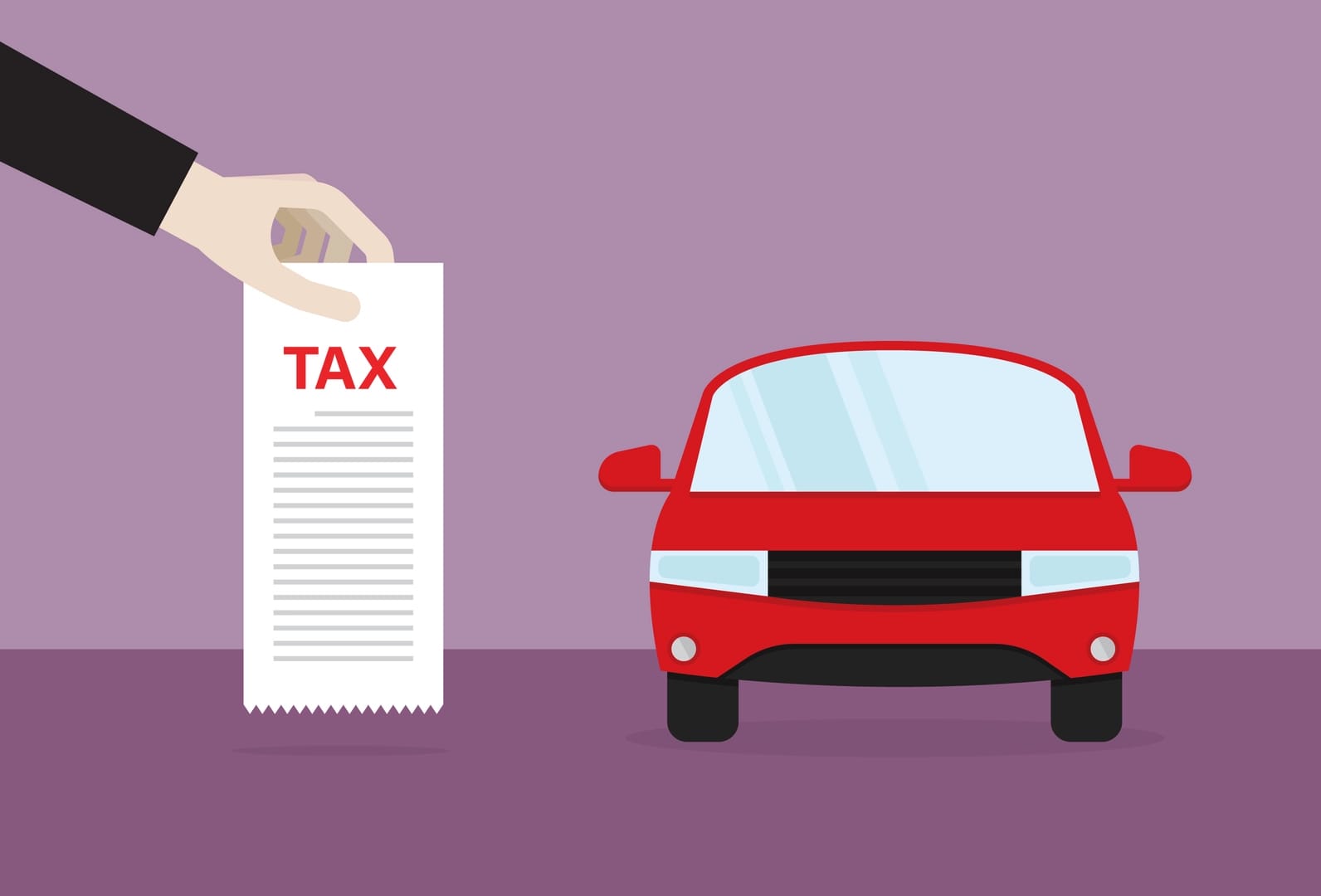
articles / Help Center
Questions about Vehicle donation
Getty Images
1-877-KUSC-CAR
(1-877-587-2227)
Do you have a vehicle that you’re thinking of trading in or that you simply don’t drive any longer? You can support Classical KUSC by donating your used car, motorcycle, RV, or boat. Just call toll free 1-877-KUSC-CAR (1-877-587-2227) for information and to schedule a pickup that’s convenient for you – or fill out our quick donation form!

What are the benefits of donating my car to Classical KUSC? KUSC benefits by receiving a cash donation to fund its classical music and arts programming. You benefit by being able to reduce your taxable income when taxes are itemized. Plus you avoid the costs associated with selling your car. No need to pay for advertising, no loss of privacy and possible security risk, and no need to pay for vehicle registration, insurance, and repairs to keep your car in running condition while you wait for a buyer.
Does my car have to be running to donate it? In some cases we can take your car, running or not. However, it must have an engine and be tow-able. Contact a representative at 1-877-KUSC-CAR (877-587-2227) to find out if your vehicle qualifies for pick-up.
Do you only accept cars for donation? Many types of motor vehicles are accepted including boats, motorcycles, trucks, and cars. If you are uncertain as to whether or not your vehicle is eligible, please contact the vehicle donation program toll free at 1-877-KUSC-CAR (877-587-2227).
How long will it take to pick up my vehicle? We make donating your car as simple and convenient as possible. A tow company will contact you within two to three business days.
Do I have to be with the vehicle at the time of pick-up? No, special arrangements can be made by calling our representative.
What paperwork do I need? You will need the title to the vehicle, but if you do not have it, please call us anyway. It is possible that other arrangements may be made. Please call us toll-free at 1-877-KUSC-CAR (877-587-2227) seven days a week.
Do I need a smog certificate in order to donate my car? For states that require smog certificates or safety inspections, you may donate your vehicle without these documents.
What if I receive legal notices? In the rare event that you receive any notification of a lien sale, DMV actions or other activity related to your donated vehicle, please contact us at immediately for assistance at 1-877-KUSC-CAR (877-587-2227).
How does the new law effect my tax deduction? Donors are no longer responsible for determining the deductible value of their donation. Instead, they will receive IRS Form 1098-C, “Contributions of Motor Vehicles, Boats, and Airplanes”, if the proceeds from the sale exceed $500. This form will state the amount of the gross proceeds from the sale of the donated vehicle. The amount listed on IRS Form 1098-C, “Contributions of Motor Vehicles, Boats, and Airplanes”, will be the gross proceeds of the deductible donation.
Will I get a tax receipt for my donation? Yes, our driver will issue a receipt at the time of pick-up. This is not your final tax receipt unless the sale of your vehicle does not exceed $500. This initial acknowledgement will indicate your name as well as the year, make, model and condition of the car you are donating. It will be your only receipt if your vehicle sells for less than $500.
What can I claim as a deduction? According to the tax law effective January 1, 2005, if the claimed value of the donated vehicle exceeds $500, the taxpayer is limited to the gross proceeds of the sale. An IRS Form 1098-C, “Contributions of Motor Vehicles, Boats, and Airplanes”, will be mailed to you within 30 days of the sale stating the amount of gross proceeds received from your car, provided your vehicle sold for more than $500. This will be your tax receipt for your charitable contribution. We will need your Social Security Number or Federal Tax Identification Number to create this document. If your vehicle sells for less than $500 the thank you letter you receive will serve as your final tax receipt for your records. It is up to you to determine the fair market value as long as it does not exceed $500.
How is the value determined on the vehicle donated? The value is determined by the gross proceeds raised from the sale of the donated vehicle. You no longer have the burden of determining the value yourself.
What if my car is valued over $5000? Effective January 1, 2005, you are no longer required to have vehicles appraised. The value you may claim will be the amount of gross proceeds received from your car. The car must have an engine and be towable. Cars that are in extremely poor condition may be declined, as the cost to tow them may be more than the value of the vehicle.





